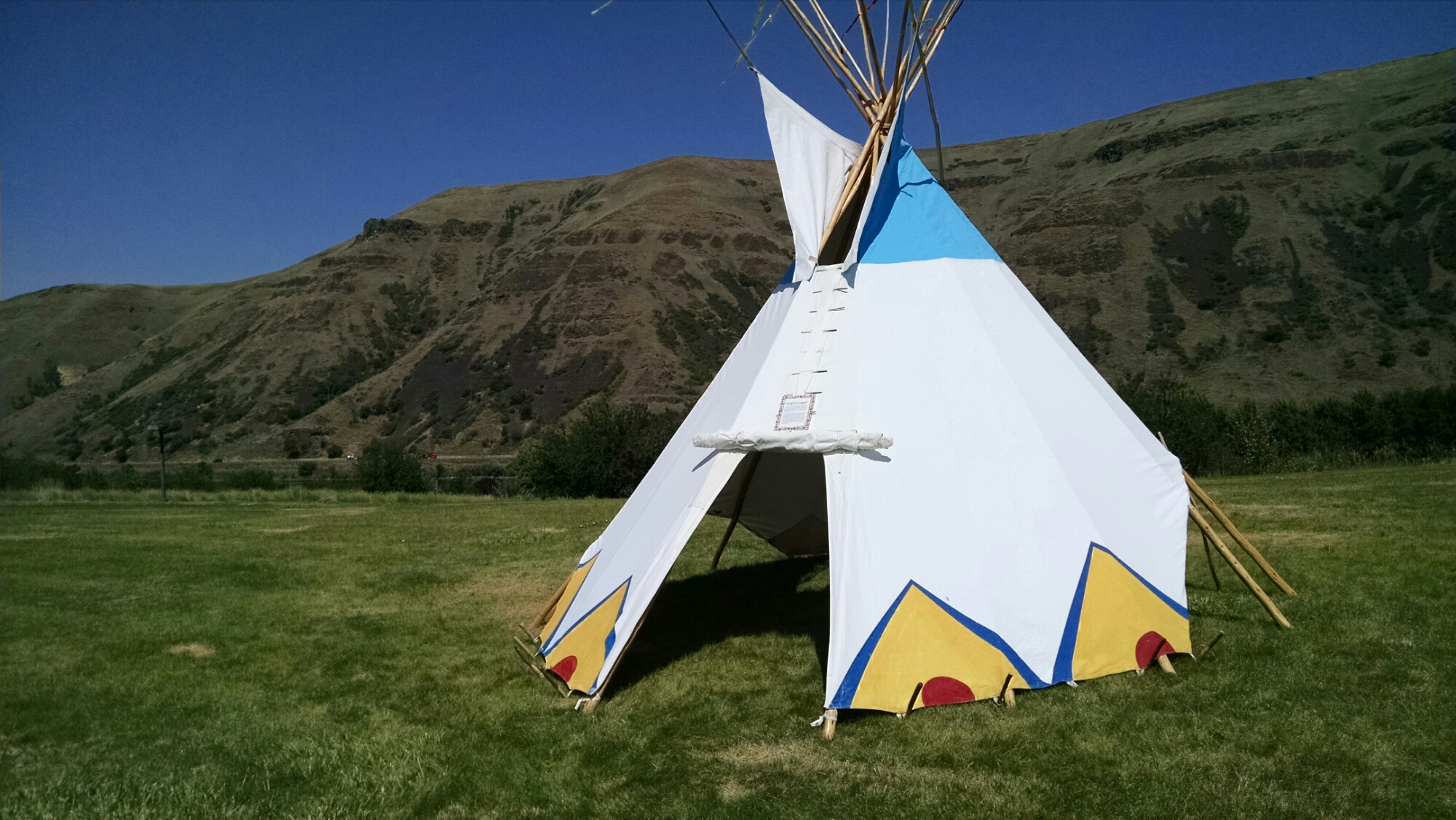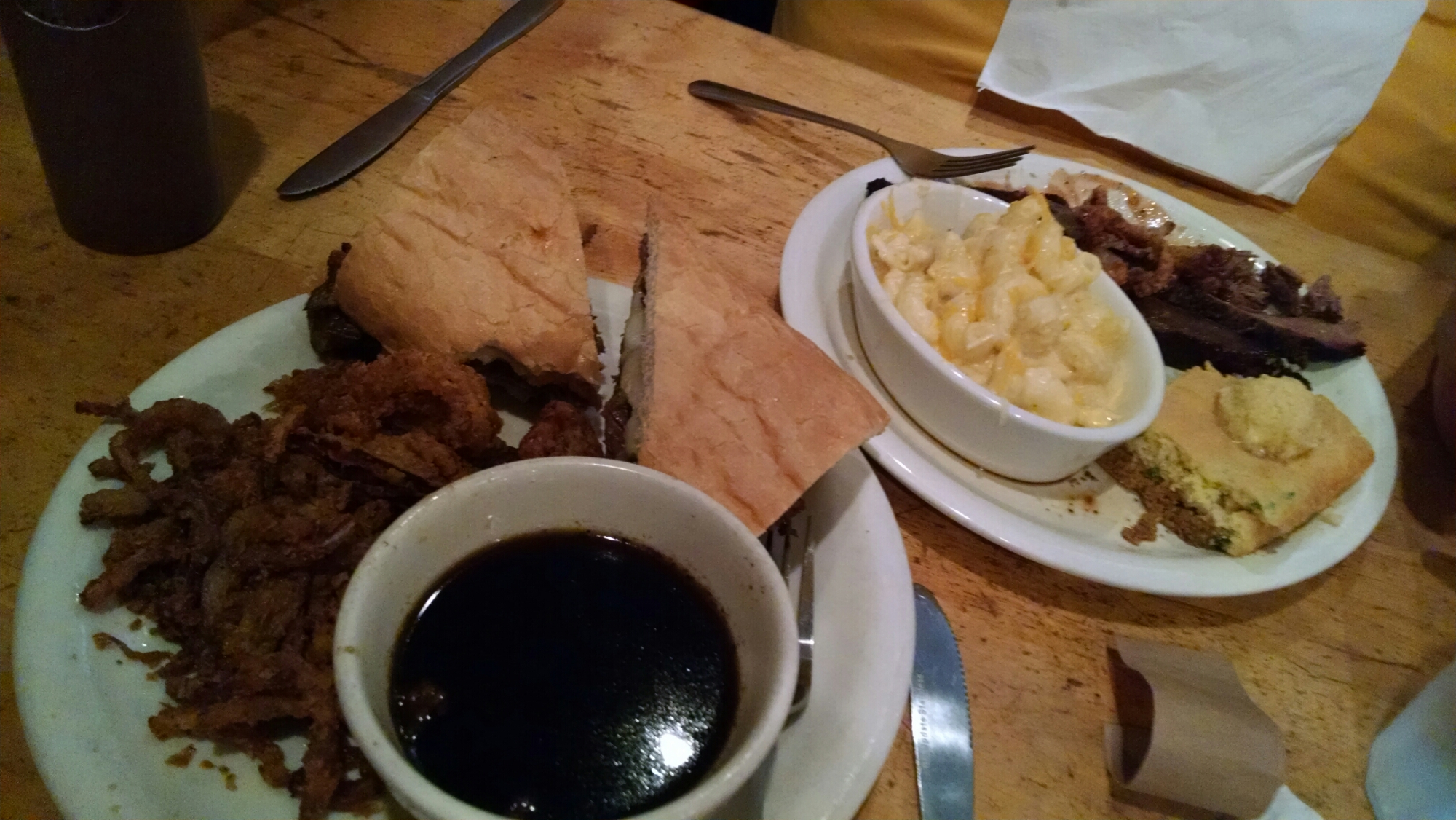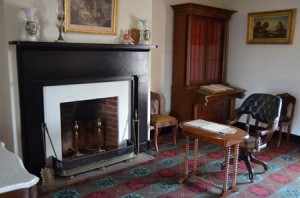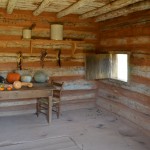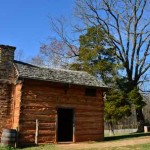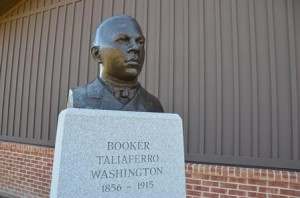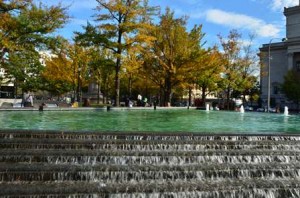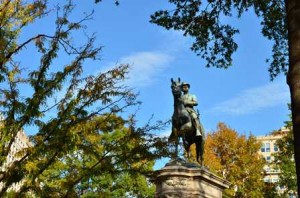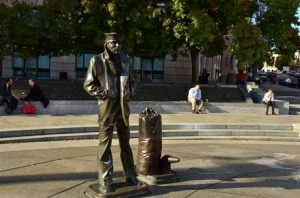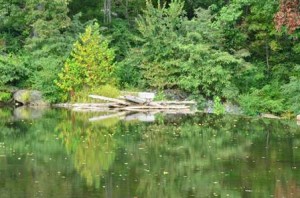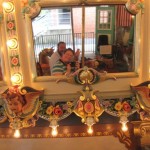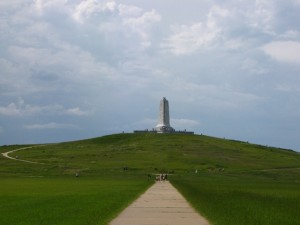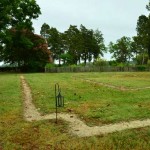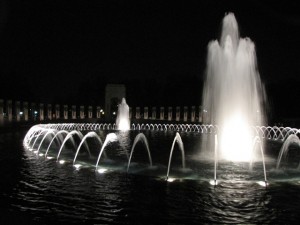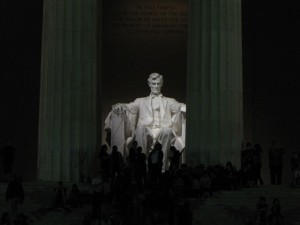After a beautiful drive through the golden waves of grain in the Washington Palouse we crossed the Snake River and entered Idaho on our way to the Nez Perce National Historic Site. It’s a beautiful place honoring the people who first lived off these lands and their culture.
The history is a sad comment on the expansion of America, but today the Nez Perce People are creating a hopeful future by caring for their natural resources and teaching their younger generations their native language.
One of the Elders in the film shared an analogy about their faith that I will never forget. Hearing his description was truly a moment of grace. He said when the missionaries came, they wanted to teach all about “their” God. He said “we see the heavenly Creator like a giant rope reaching down from the heavens, with all the small strands of the rope becoming unraveled. Each strand represents a different belief and way of imaging the creator. Each way to image God is correct because they all lead back to the one mighty rope which leads to heaven and the one Creator. ”
The remainder of the day was a long drive along the Snake and Salmon Rivers through the mountains of Idaho – the traditional Nez Perce lands.
By the time we reached New Meadows we were plenty hungry so we stopped at the first place that looked good. The BBQ Intersection. If you are ever in New Meadows, I highly recommend it.
Back in the car for two more hours of setting sun over lush crops of wheat and corn through Treasure Valley to Boise and a bed for the night.
This posting comes to you after a tangle and misunderstandings over passwords. I was about at my limit! Isn’t technology wonderful?
